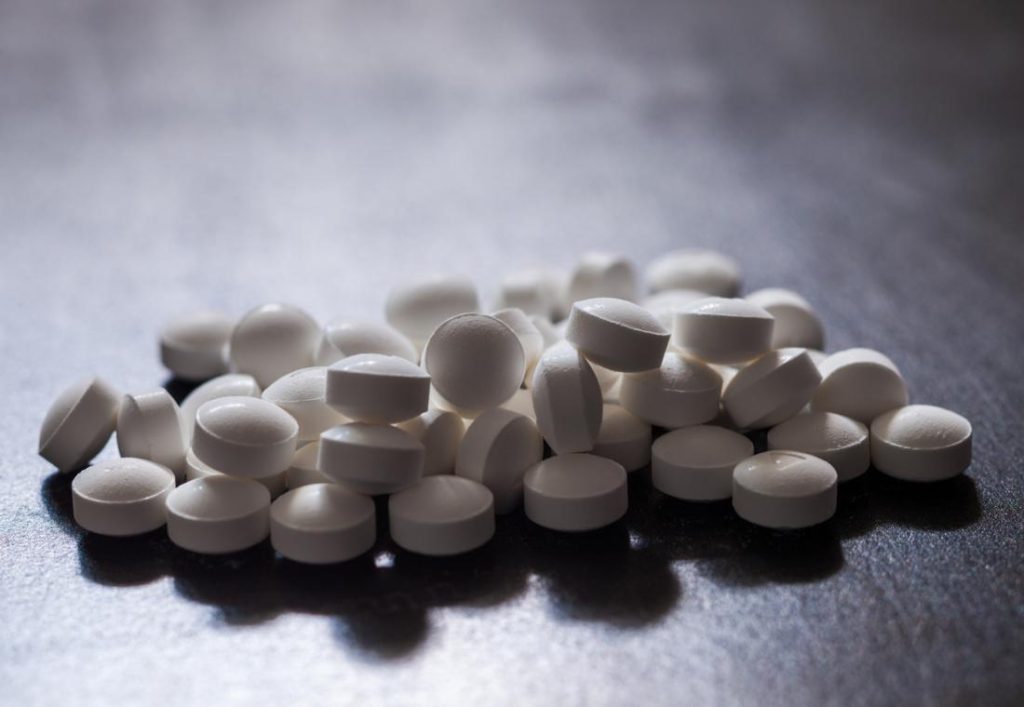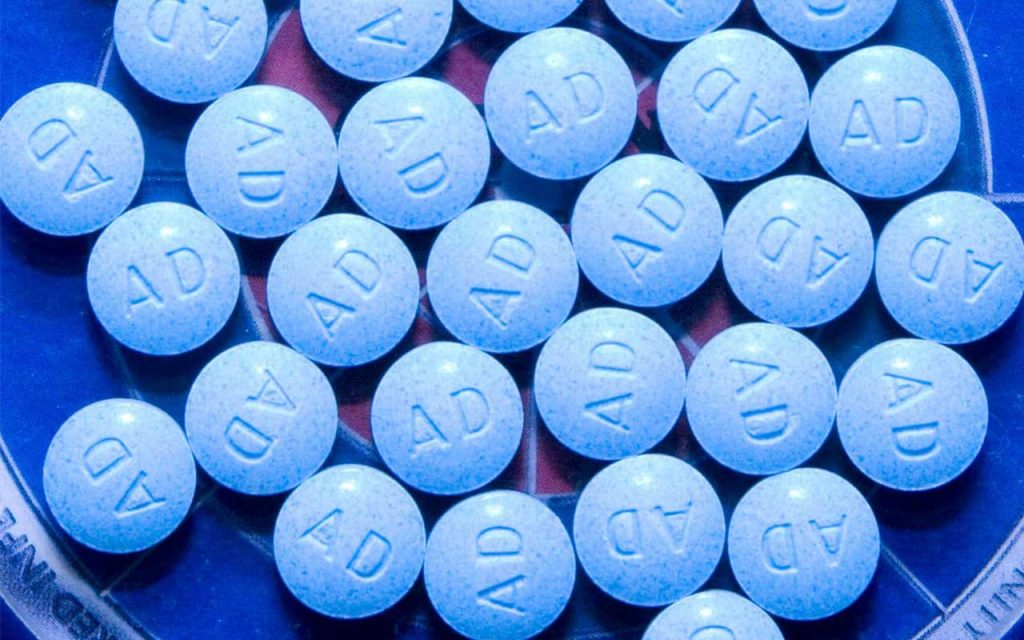Methamphetamine is one of the drugs used to treat ADHD. This drug is a stimulant and can affect the sleep pattern and cause erections. It is important to discuss the effects of this drug with your child’s doctor. In addition, you should let your doctor know about any stressors your child has been experiencing in his or her life.
It is used to treat ADHD
A type of psychostimulant is methamphetamine for adhd that has been used to treat ADHD. It works by raising the levels of dopamine, norepinephrine, and serotonin in the brain. These neurotransmitters are involved in regulating behavior and attention, and increasing their levels will help improve concentration and lessen the hyperactive behavior associated with ADHD. Studies have also shown that the stimulant suppresses appetite, but the effects are unlikely to last over the long term. Methamphetamine is a powerful stimulant that can also be dangerous if used incorrectly. It increases heart rate, blood glucose, and dilates the respiratory tract. As with many stimulants, the risk of addiction and abuse is also high.
Methamphetamine is a Schedule II controlled substance. It is used to treat the symptoms of ADHD in children, adolescents, and adults. It may decrease impulsivity, hyperactive behavior, and irritability. However, it is not safe to use in children under six years old. In addition, it has not been studied on people older than 65 years old.

Related: Can Microdosing Psilocybin and LSD Improve Mental Health?
It can cause erections
The use of Methamphetamine for ADHD can cause erections in some patients. It is also possible to experience impotence and changes in sexual desire while taking the drug. In some cases, the drug can even cause prolonged erections, which should be reported to your doctor immediately. It is important to note that this problem can occur with other ADHD medications, as well, and should be treated as soon as possible.
The use of Adderall has also been linked to erectile dysfunction. This is because it affects blood vessels in the body. In addition to affecting erections, Adderall may affect sexual desire and performance. Sexual dysfunction can be embarrassing and cause distress.
It can cause sudden death
Methamphetamine, a commonly prescribed stimulant for ADHD, has been associated with an increased risk of sudden death. Although these cases are rare, they do occur. In a study published in the American Journal of Psychiatry, stimulant medication users were seven times more likely to die suddenly than their peers. This alarming finding is concerning for a population where almost 2.5 million children are taking ADHD stimulants.
The effects of methamphetamine on the heart are serious. It may increase the workload on the heart and lungs, leading to increased blood pressure, endothelial dysfunction, and left ventricular hypertrophy. Patients taking this stimulant should undergo careful monitoring during the initial stages of the treatment, and discontinuation should be considered if the patient experiences sudden cardiac death.

It can cause rhabdomyolysis
Methamphetamine, an amphetamine used for ADHD, can cause rhabdomyolysis in a small number of patients. The FDA has made changes to the labeling of ADHD medications in response to the risk of rhabdomyolysis. The new warning states that this drug should be used with caution, and should be used only if the risk is minimal.
This condition is usually asymptomatic, but it can be life-threatening. Rhabdomyolysis results in the breakdown of muscle fibers and the release of a protein called myoglobin. This protein binds to the proteins in the blood, resulting in muscle pain, tenderness, and spasms.
It is contraindicated in patients with known hypersensitivity to sympathomimetic amines
While sympathomimetic amines are a mainstay of ADHD therapy, their side effects can make them unsafe to use in some patients. These drugs increase heart rate and blood pressure and may increase the risk of cardiac complications. Patients who suffer from seizure disorders should also use caution when taking these drugs.
